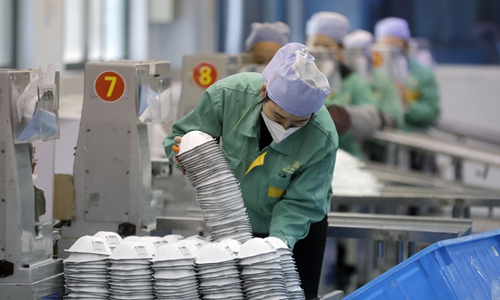There are no products in your shopping cart.
| 0 Items | £0.00 |


HEALTH authorities in the Netherlands have recalled over half a million face masks imported from China to help combat the spread of the dreaded coronavirus in the country after discovering that they are sub-standard.
One of the most badly affected countries by the pandemic, the Netherlands has 11,750 cases of coronavirus, which has led to 864 deaths. At the heart of the crisis in Europe, the Netherlands is number 11 on the list of nations with the highest number of infected people and number eight in terms of fatalities.
In a bid to beat the spread, the Netherlands ordered a huge consignment of facemasks from China, which were delivered on March 21. However, the Dutch health ministry has rejected them saying that the masks did not close over all of the face properly or had defective filters, making them unacceptable.
This recall affected early half of the shipment of the 1.3m FFP2 medical face masks imported from China. Apparently, about 600,000 of the masks already sent to hospitals were found defective and are being returned to China.
One Dutch health ministry spokesman said it received a signal that, upon inspection, the quality of this shipment did not meet the required standards. He added: “A second test also proved that the face masks did not meet the required quality standards. It has now been decided to stop the use of this entire shipment.”
Face masks are among most sought-after personal protective equipment against Covid-19. They were initially designed to protect the patient from coughed or exhaled secretions by health workers during sterile procedures but recently, they have become an essential protective for care givers.
Health authorities in Nigeria where 97 people have been infected have advised that face masks are not for everybody. Minister of state for health, Senator Olorunimbe Mamora, said: “The face mask is really meant for a person who is sneezing, coughing and wanting to protect others around him/her and for people who are in care-giving centres.”